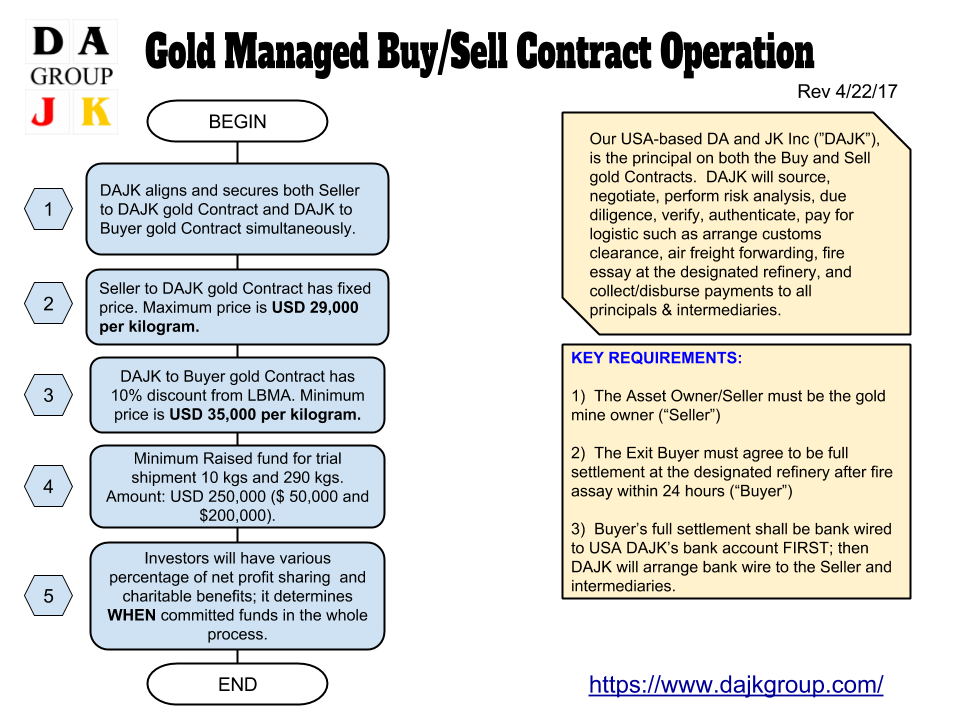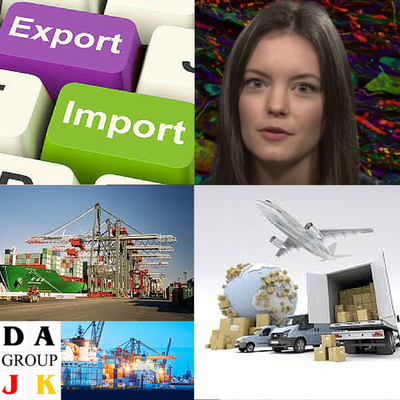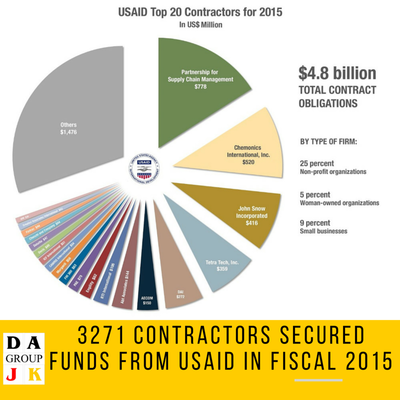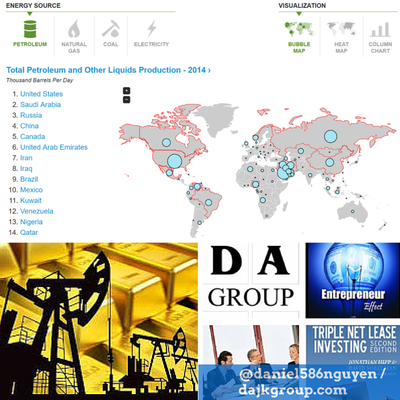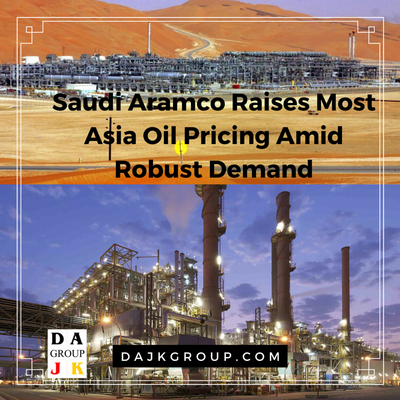|
Highlights:
1. Oil and the Global EconomyDuring the past month, there have been several important developments which could have a major impact on the course of oil prices and production in the next few years. First was the OPEC/NOPEC decision to extend the current 1.8 million b/d production cut for another 18 months despite increasing evidence that increasing US shale oil output and rebounding Libyan and Nigerian production are offsetting the production cut. Because of the timid nature of the OPEC decision, increasing stockpiles and higher oil production, the price of crude has fallen some 11-12 percent in the last three weeks leaving US futures below $46 and Brent below $48 a barrel. The continuing price slide took prices back to where they were before the production freeze was first discussed last fall. Oil prices back in the mid-$40s has OPEC and other oil producers very concerned. Most analysts do not see much of a further decline in oil prices; however, bullish enthusiasm and confidence that that OPEC will rebalance the markets have faded for the time being. OPEC and Russia are already talking about the need for deeper production cuts, and another meeting is being discussed for July to weigh further actions should prices not rebound by then. OPEC and Russia now are talking about a permanent alliance between the oil producers that are currently a party to the production cut. OPEC is said to be working on forming a legal relationship between the cartel and the members of the production cut alliance that in effect could expand the cartel to control more than 40 percent of world oil production. The next major development during the last month was the blow up over the freewheeling foreign policy and good relations with Iran that Qatar has maintained in recent years. In a dramatic announcement, Bahrain, Egypt, Saudi Arabia, the UAE, and Yemen said that they were breaking diplomatic relations with Doha and cutting off land, air and sea travel to the country. All but Egypt which has 250,000 of it citizens earning a good living there directed their nationals to return home. The main charge against the Qatari government is that it supports what some consider terrorist groups across the Middle East. Qatar produces only a small amount of oil but is the world’s largest exporter of natural gas. The regional embargo is already making trouble for Qatar’s LNG exports although Exxon announced that its exports of LNG from Qatar had not been affected. This situation already has many facets, ranging from a major US airbase in the middle of the country to Turkish troops coming to support Qatar to Iran’s offer of alternative transportation routes for food and water. As Qatar believes, the Saudis are trying to affect a regime change in the country; they will resist as best they can with the help of Turkey, and Iran. The situation is obviously dangerous as so many of the world’s major oil exporters are involved not to mention Qatar’s large LNG exports. The final noteworthy development in the last month was the announcement that the US is pulling out of the Paris climate change agreement. Opinions are mixed as the impact of this action. Some see this as a major setback to the effort to reverse climate change; others as a boom to the fossil fuel industry that will be free to develop new sources of energy that will start an economic boom; and still others believe that the global movement to slow climate change is so strong and deeply embedded that the pull-out will have little effect on the use of fossil fuels over the long run. During the past month, there has been an unusual amount of discussion in the financial press about the possibility of “peak oil demand.” This development is supposed to be caused by the advent of large numbers of electric vehicles which in the next 25 years will reduce the demand for gasoline way below most projections. Most major manufacturers have announced electric vehicle programs, and some are talking about building networks of recharging stations to speed their adoption. The situation is made more interesting because of the attitude of the Chinese government seems close to making electric powered cars mandatory as part of the effort to clean up their air. Needless to say, the oil industry rejects the notion that the public will buy large numbers of electric-powered cars in the foreseeable future citing their high cost, limited range and time to refuel. Others are not so sure that sales of electric cars will not take off and come to dominate the market much as cell phones did 30 years ago. Proponents of electric cars cite the falling costs, improved technology, the advent of autonomous cars, lower operational costs and reduced emissions as reasons electric cars will come to dominate the markets in the next few decades. 2. The Middle East & North AfricaQatar: On June 5th yet another Mid-Eastern crisis began when five Arab countries severed relations with Qatar alleging that Doha was funding and supporting many “terrorist” groups across the region. The trouble had been brewing since 1995 when the grandfather of the current Emir of Qatar was overthrown, and the country embarked on a foreign policy not dictated by the Saudis. Qatar became a friend of almost everybody, hosting a large US airbase as well as maintaining good ties with Shiite nations such as Iran. The Qatar-sponsored Al-Jazeera TV network has been critical of the Saudis and their allies for years. Qatar is the wealthiest of the oil and gas exporting nations on a per capita basis; Qatar has had the income from large LNG sales to support many Arab groups around the region. Some of these, especially groups supporting Iran and the Muslim Brotherhood which was overthrown by a military coup in Egypt were an anathema to the Saudis and their Sunni friends. Some believe that the recent Trump administration embrace of the Saudis as America’s best friend in the region was the proximate cause of the crisis which is likely aimed at a regime change in Qatar. If this is indeed the Saudi goal, a negotiated settlement will be hard to attain and the crisis may continue for a considerable time. The Saudis seem unlikely to invade a small neighbor with large US military base, and the backing of the Turks, who are planning to move more troops to Qatar, and Iran which says it will substitute for the now closed Qatari-Saudi border. The question here is the implication of this crisis for oil and LNG exports from the region. While it is still too early to assess the full impact of the embargo on Qatar, ports in Saudi Arabia and the UAE have already been closed to shipping traffic to and from Qatar. Oil shipments from Qatar are frequently mixed with oil from other Gulf States and LNG ships taking away Qatari gas are usually serviced in other countries. Beyond the immediate impact of the embargo, there are many ways this crisis could go that will impact the oil markets. If the crisis drags on the OPEC production cut could be affected. Saudi efforts to attract more foreign investment could be harmed. Qatari LNG exports could be curtailed driving up prices. Finally, hostilities could break out leading to all sorts of problems that would drive up oil prices. Iran: The major news of the week was an attack on Iran’s Parliament and the Shrine of the Iranian revolution’s founding father, the Ayatollah Khomeini, by suspected ISIS gunmen. There is some suspicion that ISIS would be able to mount attacks so deeply in a Shiite state. Tehran is blaming the Saudis for the attacks. If nothing else the attacks show that security throughout the region continues to deteriorate among the numerous confrontations currently going on. Tehran said last week that the first post-sanctions petroleum contract that will be made available on commercial terms would be announced next month. The contract will be for the Azadegan oil field near the Iraqi border which is supposed to hold 6 billion or perhaps 37 billion barrels of recoverable reserves. Tehran is notorious for hyping its projects. The contract for developing the field had been held by the China National Petroleum Corp, but the Chinese were kicked out for failure to make any progress in developing the field. Iraq: Last week Wood Mackenzie released a report assessing the status of the Iraqi oil industry. Iraq is a low-cost producer and has some of the world’s most capable energy companies working on expanding its production. The country, however, is burdened with the ISIS insurgency, low oil prices and a stagnant bureaucracy which is keeping it from expanding production to its goal of 12 million b/d. The costs of the war have prevented many oil contractors from being paid and the initiation of new projects. The country has agreed to a 4.35 million b/d production cap that will last for another year. Insurgent attacks are picking up in Diyala province as ISIS is being driven out of Mosel. In the last week, there has been a spate of deadly attacks targeting Iraqi security forces and energy infrastructure. The US has begun importing increased amounts of Iraqi crude to replace cuts from Saudi Arabia, which is concentrated on maintaining its share of the Asian market. During the first week of June, Iraqi oil entered the US at the rate of 1.1 million b/d, the first time in five years that Iraq has surpassed Saudi Arabia as a source of crude. Baghdad plans to increase its refining capacity which currently is only 500,000 b/d in contrast with its daily production of 4.35 million. Iraq currently is spending $2 billion each year importing refined products despite being one of the world’s largest oil producers. Saudi Arabia: Events are moving rapidly in the kingdom which is fighting a war in Yemen; recently opened a serious confrontation with Qatar; just negotiated a $200-$350 billion deal to invest and buy arms from the US; and is running through its foreign currency reserves at the rate of circa $100 billion a year. Some are concerned that the confrontation with Qatar could backfire on the Saudis by scaring away the foreign investors Riyadh needs to revamp its economy away from dependence on oil exports. The deeper the Saudis become involved in Middle Eastern confrontations, the harder it will become to sell off part of Aramco and start partnerships with foreign companies. In the meantime, the Saudi oil minister says there is no need to adjust the oil freeze agreement immediately, but deeper cuts may be discussed at the OPEC meeting coming in November. The Saudis recently announced that they will cut oil shipments to the US to reduce swollen US stockpiles and drive up prices. The OPEC/NOPEC production cut has led to the realization in Moscow and Riyadh that the two countries have a lot in common in their mutual interest to drive up oil prices as a paramount national goal. The two have been discussing new forms of cooperation in what Reuters terms “an axis of love.” Both realize that should oil prices remain at their current levels or lower for the next few years, both of their economies could be in serious trouble. Libya: Oil production seems to be back up to 827,000 b/d in recent weeks as many of the internal squabbles between the National Oil Company and the groups that control many of the oil facilities have been settled – at least for now. Outside observers doubt that Libya can increase its production much beyond 1 million b/d without an improvement in the security situation that would allow large numbers of foreign workers back into the country to repair damaged infrastructure. Even so, a Libya producing 1 million b/d and not subject to the OPEC production cap would go a long way towards offsetting the current production cut of 1.8 million b/d. 3. ChinaDespite efforts to clean up their environment and slowing economic growth, Beijing continues to import increasing quantities of oil and coal. In the case of oil, newly released customs data shows that China is now the world’s largest importer of oil with crude imports up 13.1 percent over the first five months of the year. Part of the increase is to offset declining high-cost domestic oil production and part is going to increased exports of refined products. China’s coal imports in May were up 17 percent over last year. Again, some of this is due to the recent closure of small, inefficient coal mines. Increasing coal imports suggest that economic growth still has a higher priority than cleaning up the air. However, Beijing announced that it will continue to adhere to the climate pact despite the US withdrawal. 4. RussiaMoscow is adamantly maintaining that low oil prices will not harm its future economic growth and continues to say that it can live with $40 oil indefinitely. While oil prices have recovered from the very low levels seen last spring, some 40 percent of federal budget revenues comes from oil and gas revenues. It is difficult to see how Moscow can rework its economy in the short run to reduce this dependency. Despite concerns about EU dependence on Russian natural gas, exports to the EU in the first quarter were higher with German purchases up nearly 20 percent, Polish purchases up 24 percent and French purchases up 14 percent. Gazprom has called for tenders to build a second Nord Stream pipeline under the Baltic to supply western Europe. The new line could be open sometime in 2019. Moscow is also considering building a pipeline to Japan to supply gas directly to Japanese power plants. The issue is still open as Japan decides which, if any, of its nuclear power plants will be reopened. In Washington, the Comey testimony that Moscow was involved in interfering with the US election last fall increases the odds that a bill containing new sanctions on Russia will get though the US Senate. 5. NigeriaOn June 6th, Shell lifted the force majeure that has been on the Forcados Export Terminal for the last 17 months after repairs to a sabotaged pipeline. The reopening of the terminal improves the prospects of the government meeting its goal of a 2.2 million b/d export target. As with the situation in Libya, the resumption of full production capability goes a long way towards offsetting the OPEC production cut as Nigeria is exempt from the agreement. On the downside, the New Delta Avengers vowed last week to resume disruption of oil production in Delta State. The militants announced that from midnight June 30, 2017, there would be no more oil operations in the Delta. The Nigerian story is far from over. 6. VenezuelaMass anti-government demonstrations have entered their third month with no end in sight. So far some 70 people have been killed by security forces and hundreds wounded. The government is desperate for money to pay for imported food and medicine and to keep paying the security forces that are opposing the mass demonstrations and are keeping the government from being overrun. Venezuela teeters on the brink of collapse threatening some 1 to 2 million b/d of oil that is still being produced. The Trump administration is considering sanctions against Venezuela’s oil industry, but fears it would only make the social crisis worse and cut exports to the US. In March, Venezuela was the 3rd largest US source of foreign crude and 8 percent of US imports. Source: Peak
0 Comments
Leave a Reply. |
AuthorDAJK GROUP is the place where investors, business owners and entrepreneurs can research and find useful information, insight, resources, advice, guidance and inspiration for acquiring funds for their project, acquisition for their net lease commercial real estate, increasing their assets and running their profitable business. Archives
July 2023
Categories |
Services |
Company |
|





